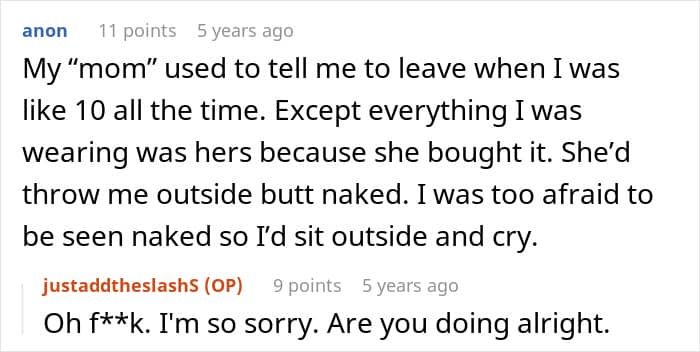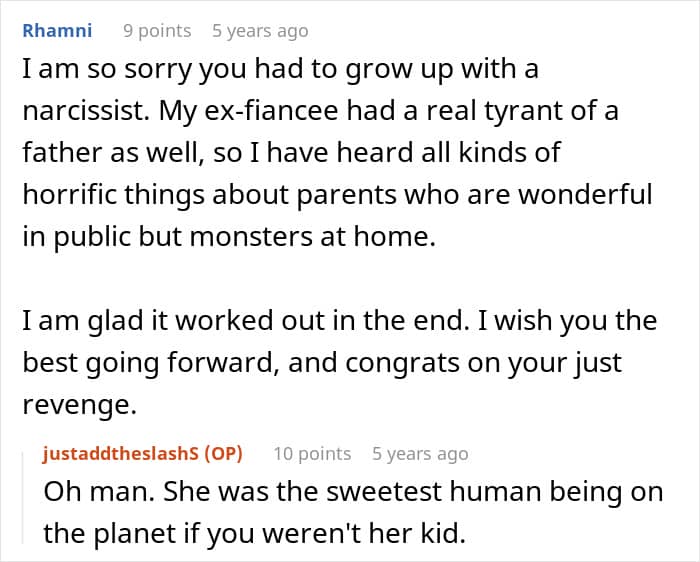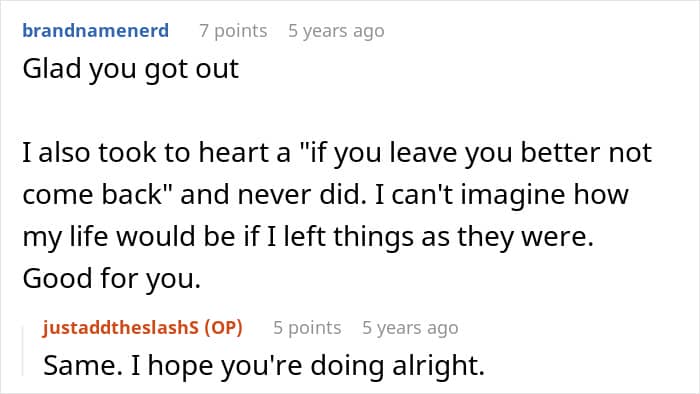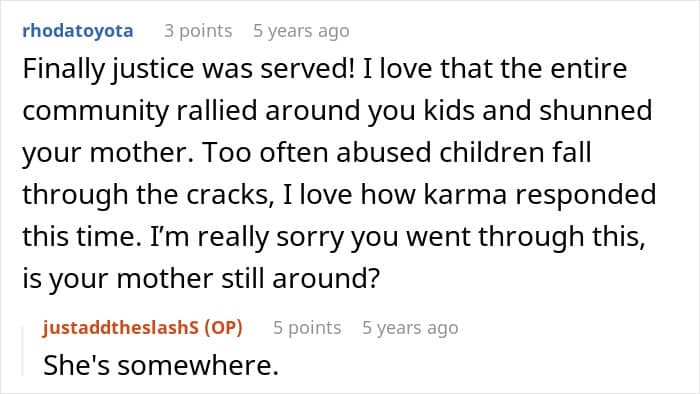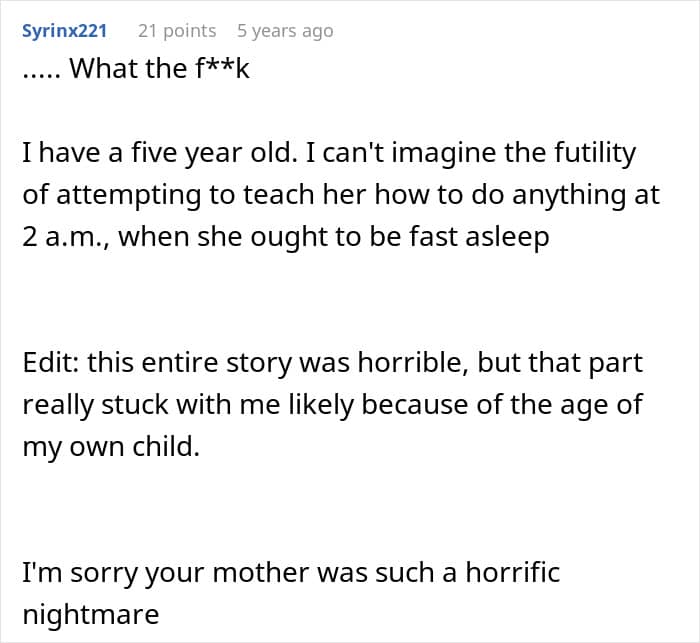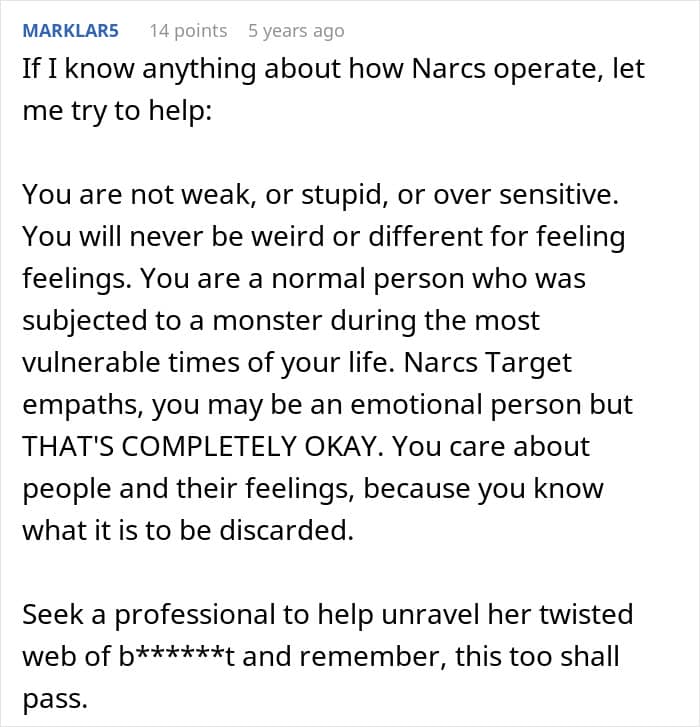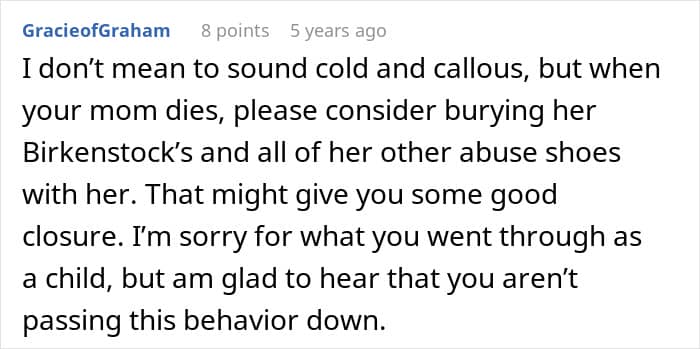Ever thought about running away from home as a kid? For most, it’s nothing more than a harmless daydream. But for this Redditor, it became reality.
After enduring years of mistreatment from his mother, he finally reached a breaking point. So when she told him to leave, he took her words literally and didn’t come back. Days passed without him returning, and eventually, she called the police to track him down.
What she never imagined was that the search would reveal everything she’d been hiding. Here’s how it all played out.
RELATED:The teen had spent years suffering under his mother’s mistreatment

So when she told him to leave, he decided to take her words literally
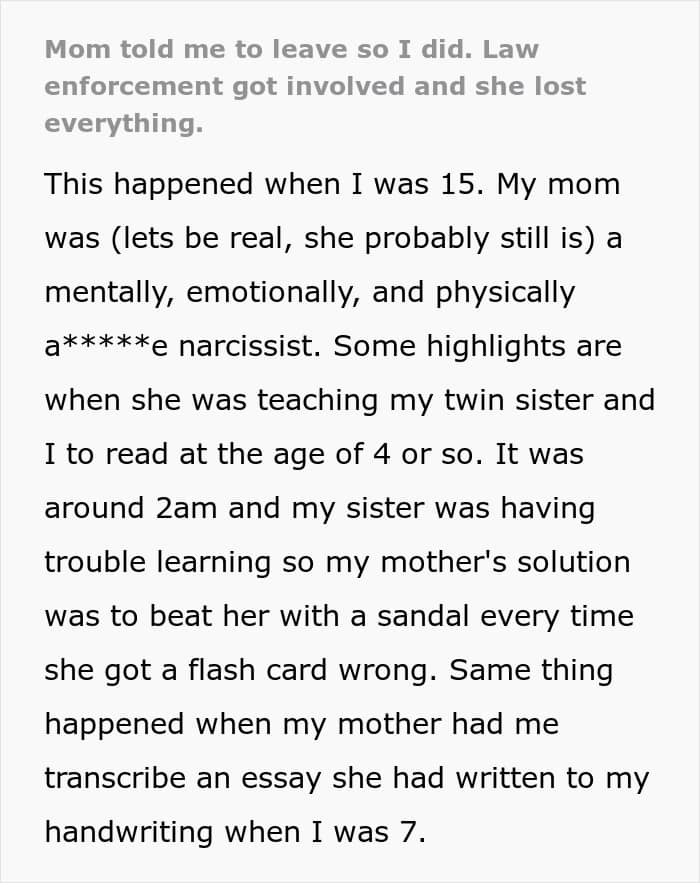
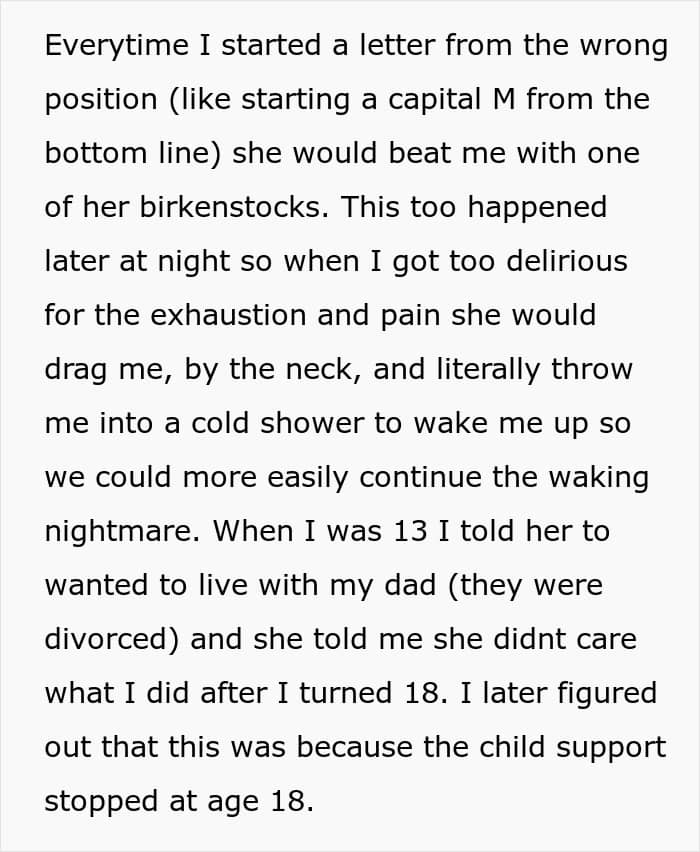
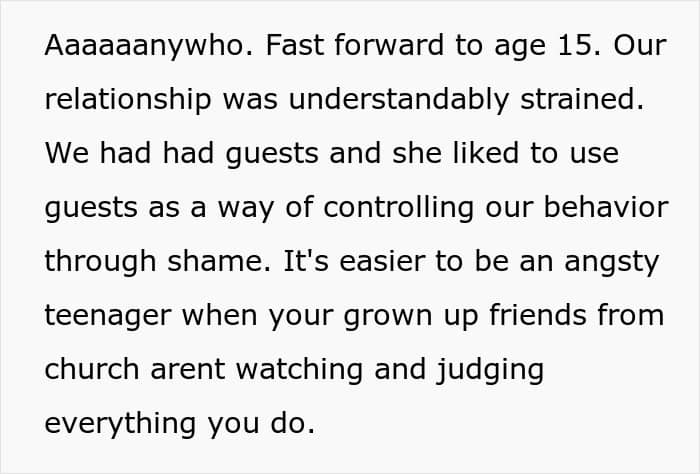

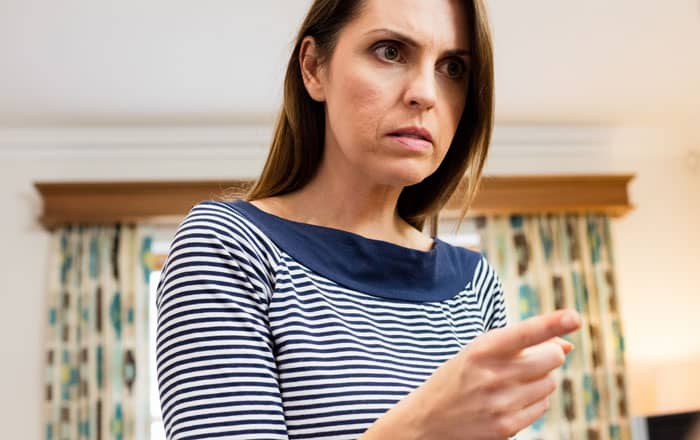
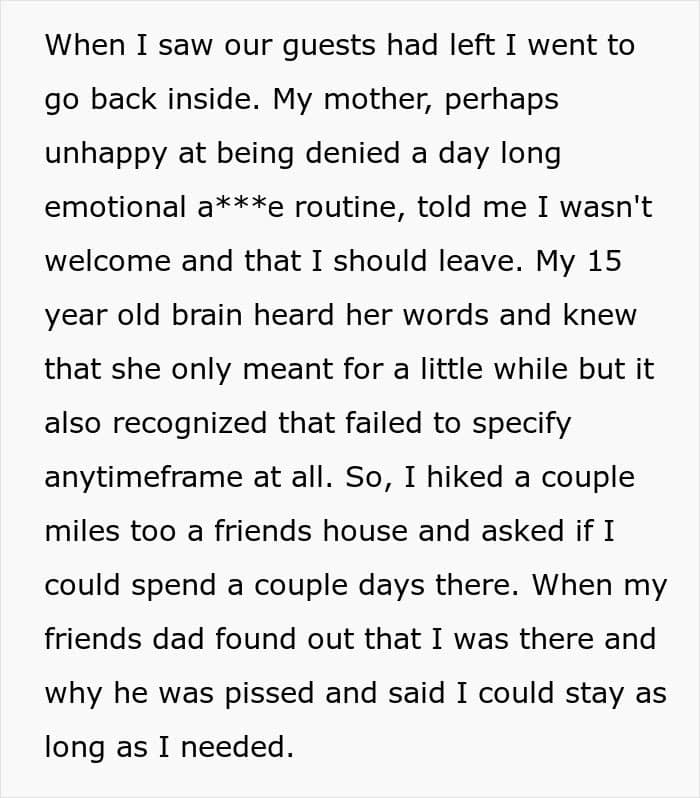
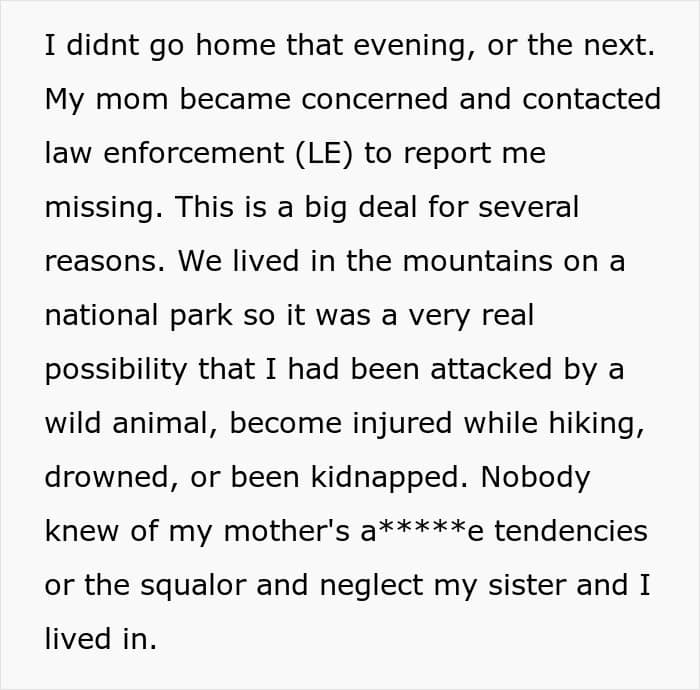
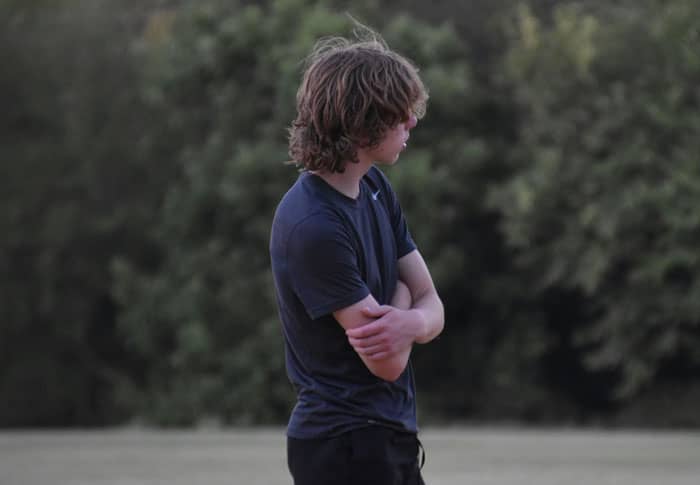
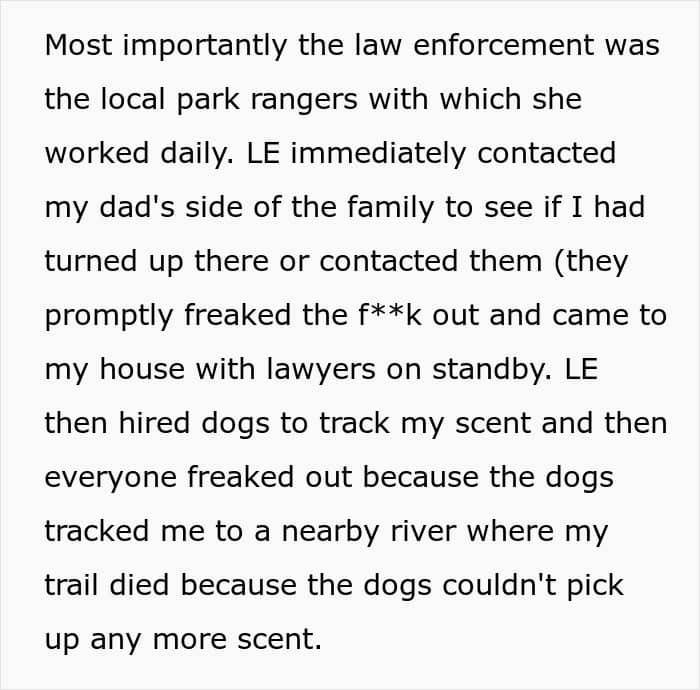
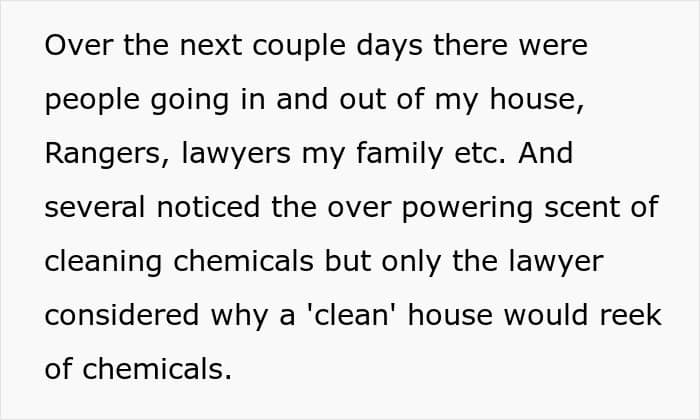

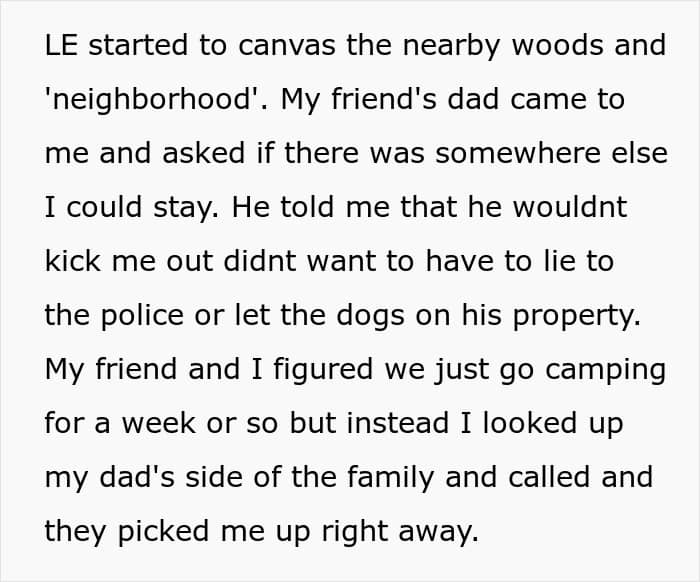
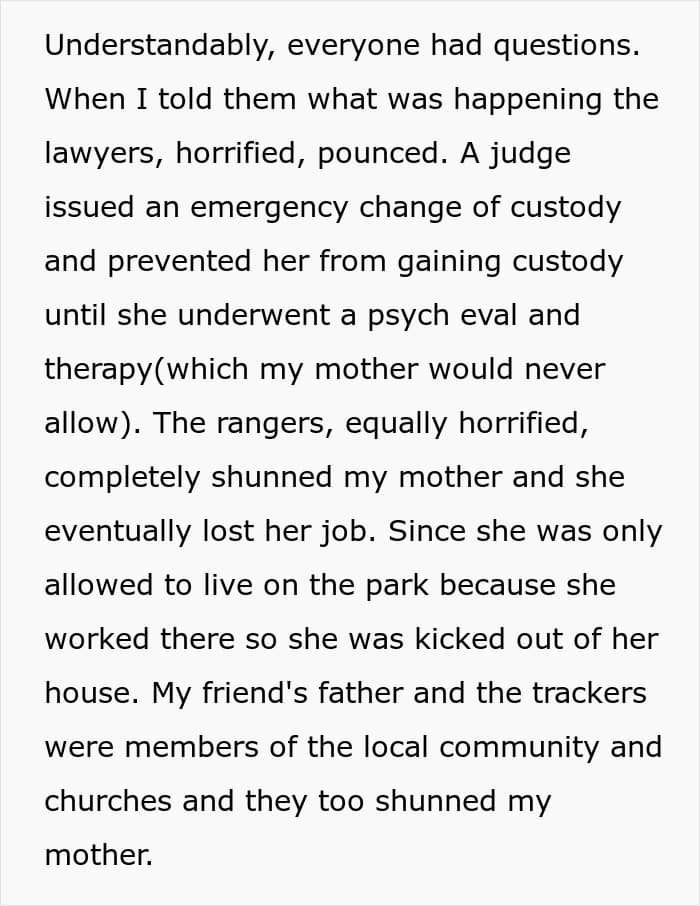


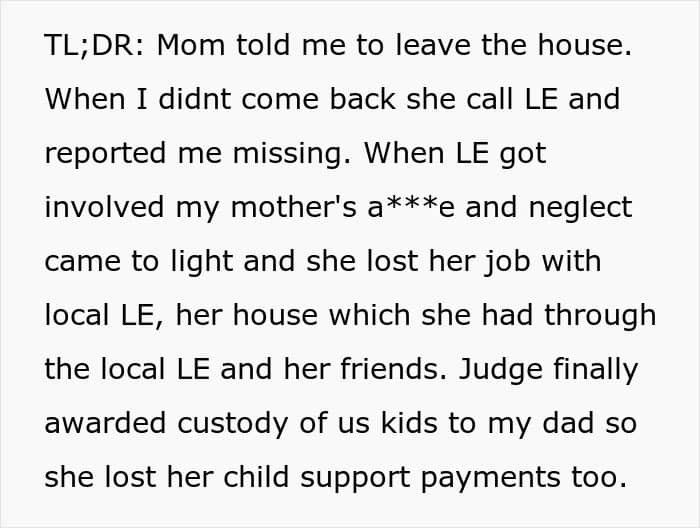
More than half of missing children’s cases involve kids who either ran away or were forced out of their homes
Parents are supposed to be a child’s safe haven—a place where they’re nurtured, guided, and supported as they grow into adulthood.
But for many kids, that safety doesn’t exist. Some parents fail to provide basic care. Others go further, leaving lasting scars through mistreatment and neglect. When things reach that point, the desperation can become so overwhelming that a child feels their only option is to run.
And it happens far more often than most people realize.
According to Missing Children Europe, 53.1% of all missing children cases reported to the 116 000 hotlines in 2020 involved children who either ran away or were pushed out of their homes or foster care.
Considering that home is meant to be the one place where a child feels loved and protected from the outside world, these numbers are heartbreaking. They show just how unbearable things must feel for these kids, bad enough that leaving seems safer than staying.
Unfortunately, research indicates that 83% of runaway cases are directly tied to problems at home, often linked to adverse childhood experiences such as abuse, parental mental illness, family instability, or constant household tension.
But escaping a harmful environment doesn’t always mean escaping danger.
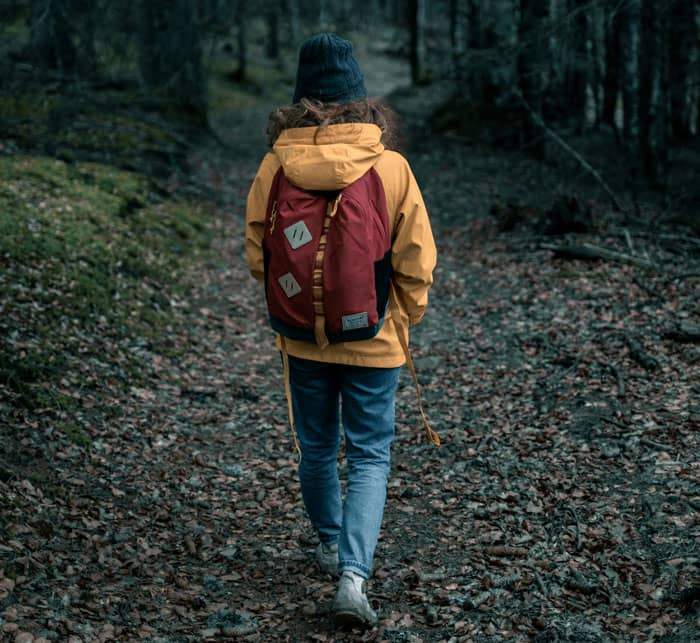
When a child runs away, they’re at serious risk of sleeping rough without food, water, or access to a trusted adult who can protect them. They become far more vulnerable to violence, sexual exploitation, trafficking, and homelessness.
And the impact doesn’t always stop there. Studies reveal that adults who ran away as children are 51% more likely to experience suicidal thoughts, 50% more likely to drop out of school, and are two to three times more likely to struggle with drug use later in life.
In such fragile situations, what these children need most is someone they can trust, someone they can talk to without fear of judgment. That’s not easy to find, but it can change everything.
Lisa, a practitioner at The Children’s Society, works with young people who’ve gone missing. She conducts Return Home Interviews, structured conversations that aim to understand why a child left, what risks they faced, and what support they might need going forward.
She’s met children from every imaginable background, and while every case is different, one thing remains constant: the need to feel heard.
“I had a young person, who’d just turned 13, just before the pandemic. They had quite a significant missing episode where they traveled a long way by train to meet someone they met online. There was quite a high risk of sexual exploitation,” said Lisa.
“It took several attempted contacts to get to see her, but it was one of the ones that because of the risks it really needed to be pursued.”
“We had a really good conversation. She was able to say what was on her mind and open up. But then she had a similar missing episode within a couple of weeks. We had another talk and she opened up again. I think she just needed someone to listen to her,” Lisa explained.
“She said she felt unsafe. The second time, she just wandered around the streets and said she had about 50 men come up to her offering her a place to stay, offering her alcohol and drugs, and she recognized that she shouldn’t take that up.”
In the story above, it’s fortunate that the author managed to find a safe place to stay. He was able to escape an environment that had taken a heavy emotional toll on him. Not every child is so lucky.
That’s why, if you ever suspect a child is in danger or struggling, stepping in could make all the difference. Local organizations, hotlines, and volunteers exist to help children find safety before it’s too late.
The author later shared more details

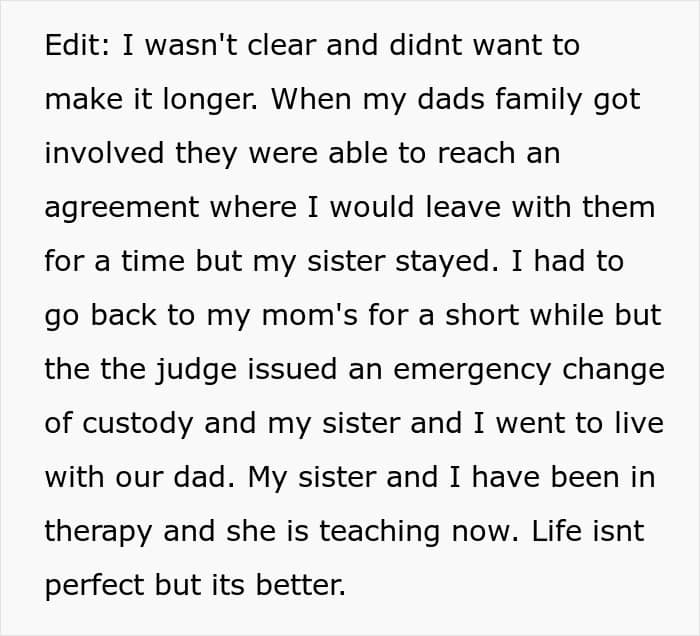
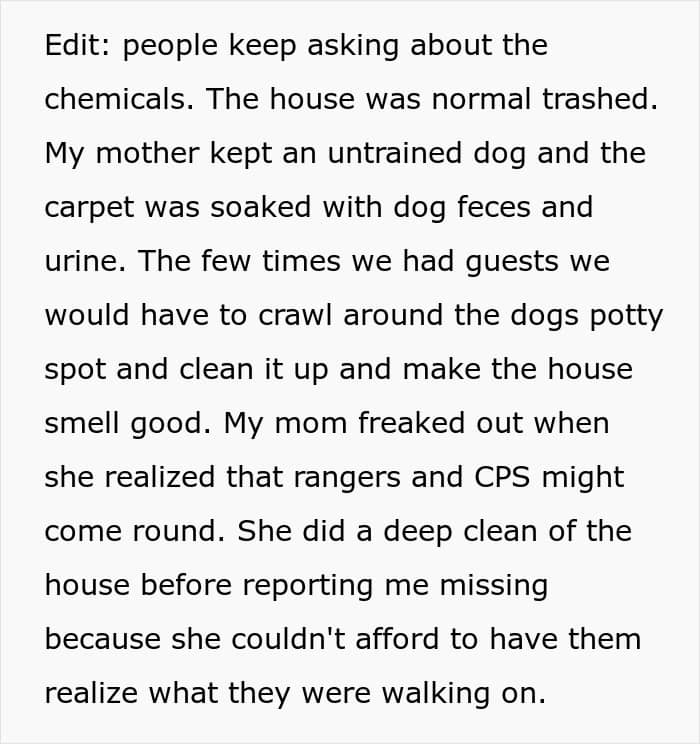
He also opened up about the emotional toll it had taken on him
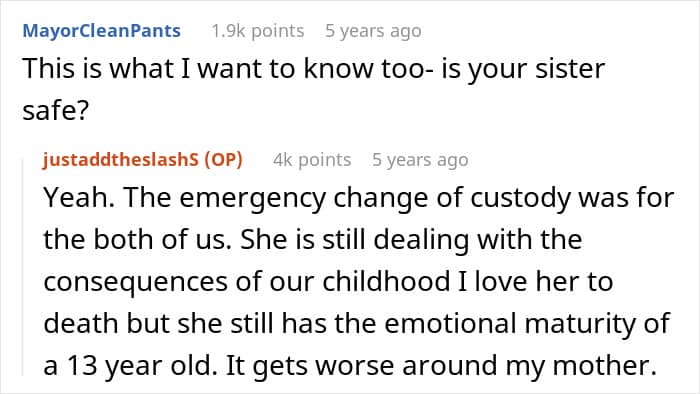
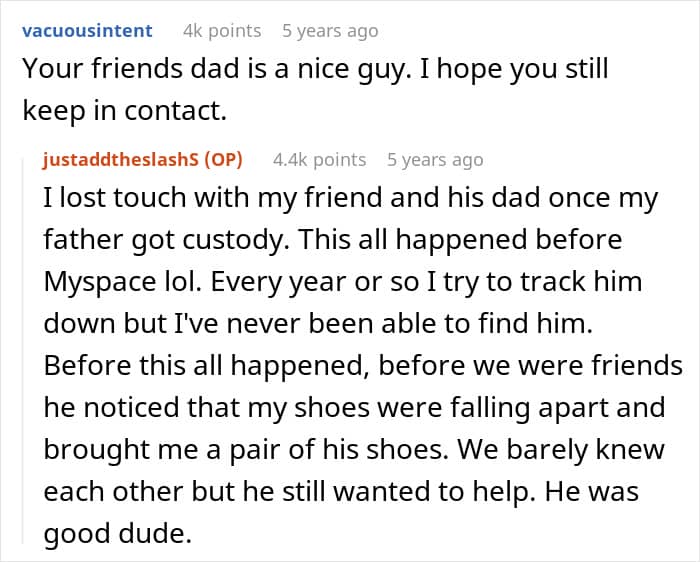

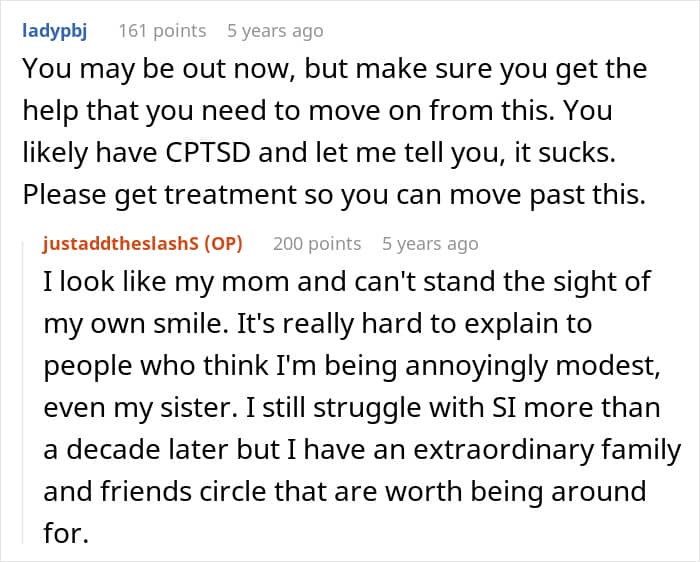
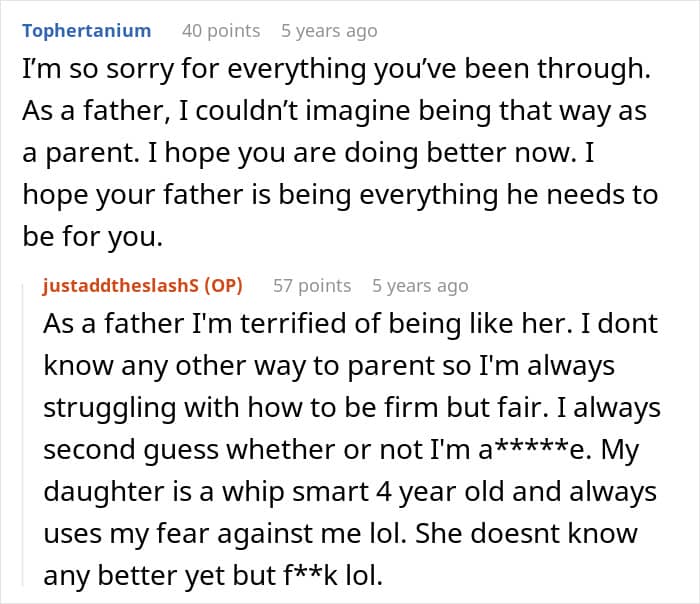



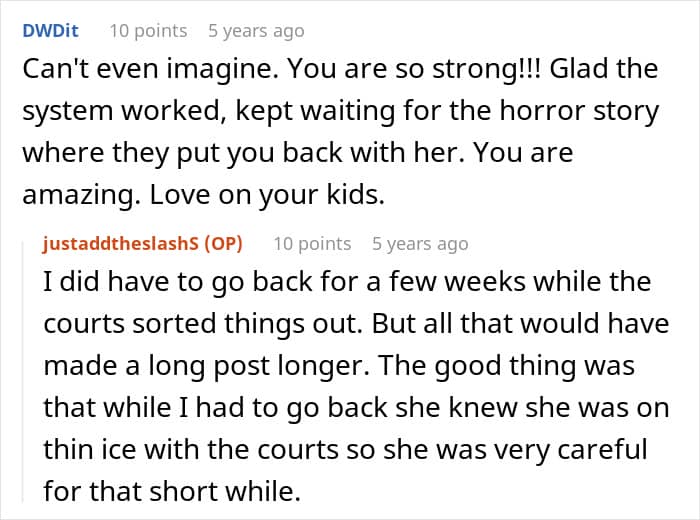
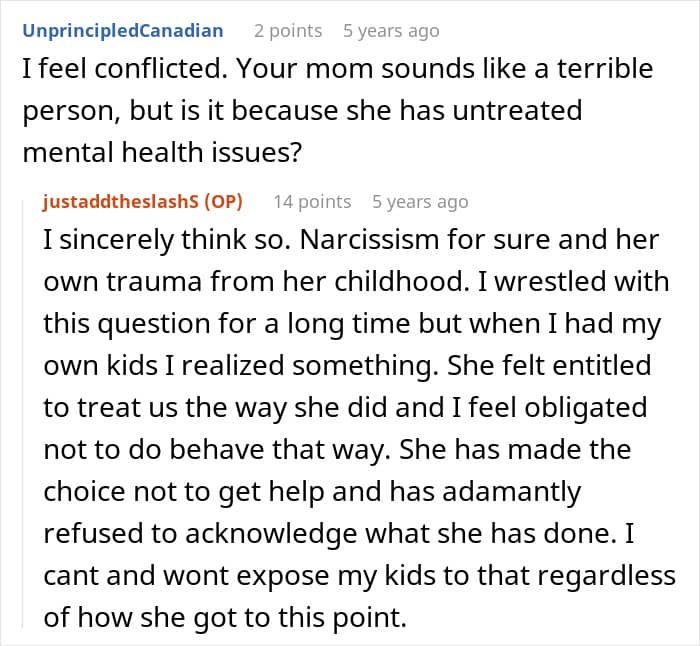
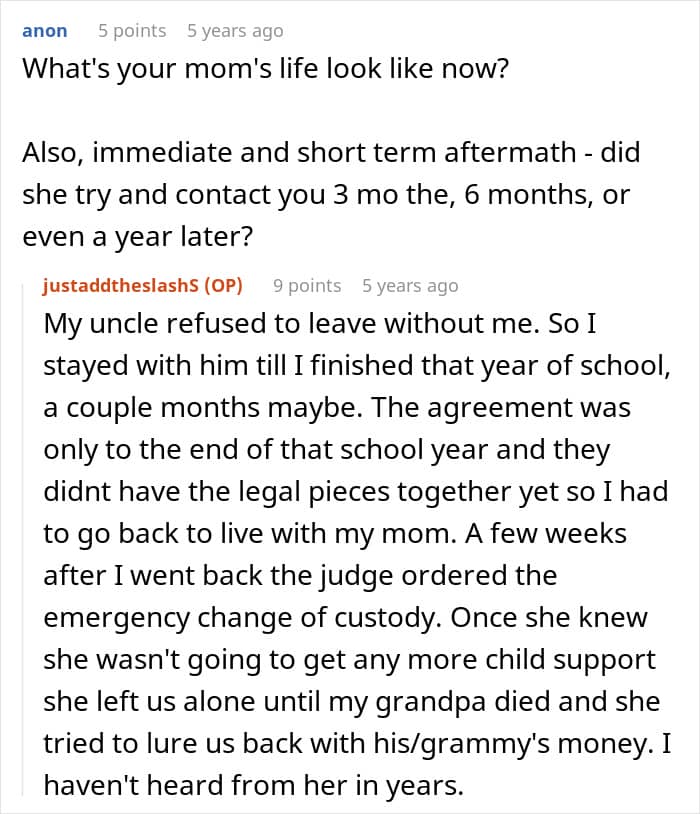
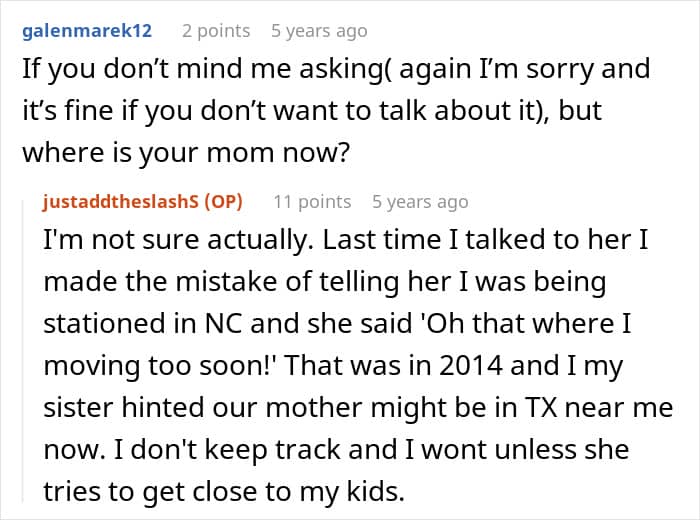
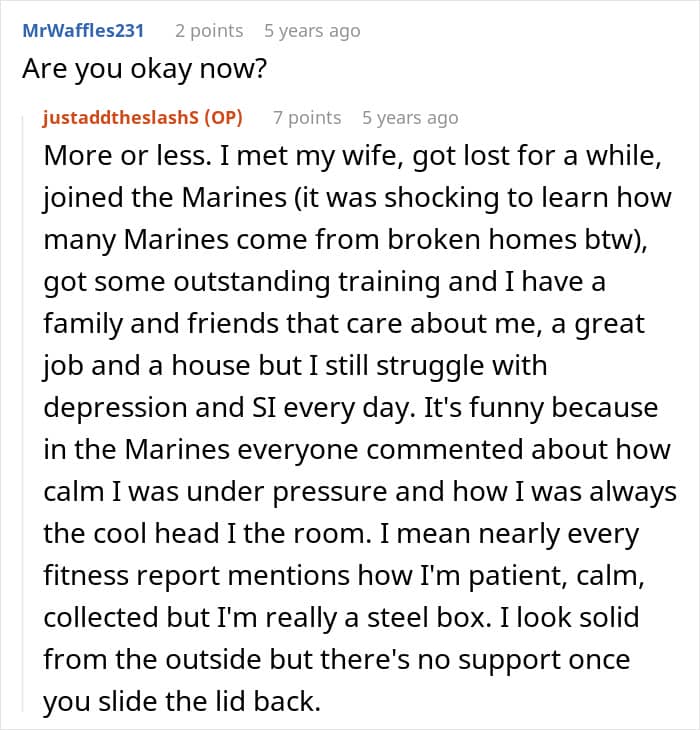
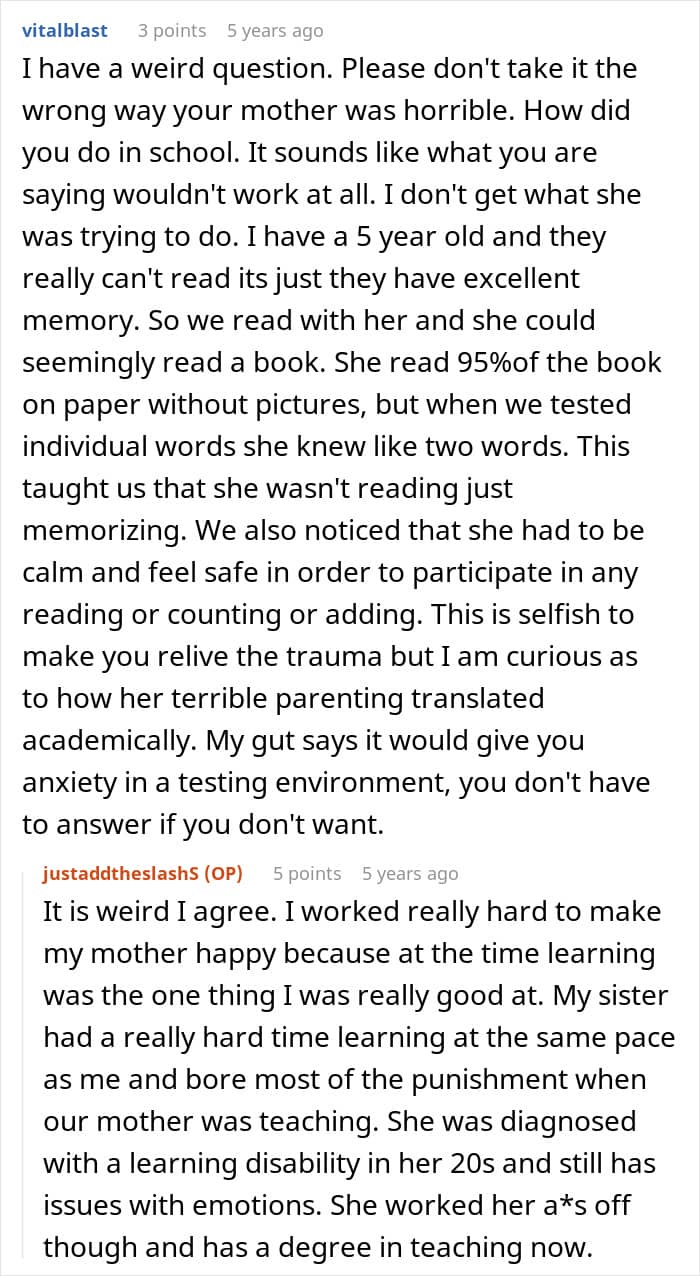
Readers were relieved he got away and responded with their own stories of escaping toxic homes


